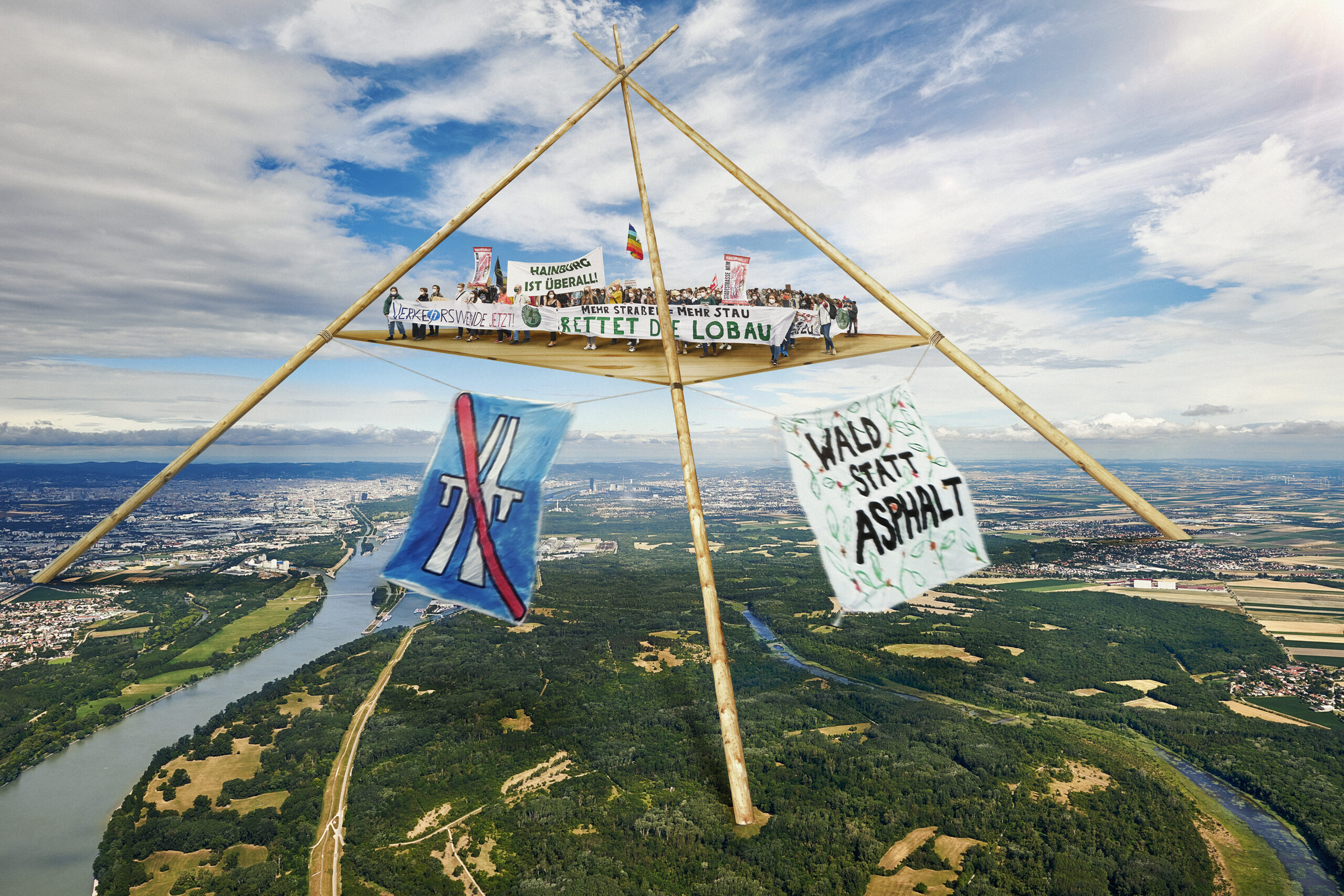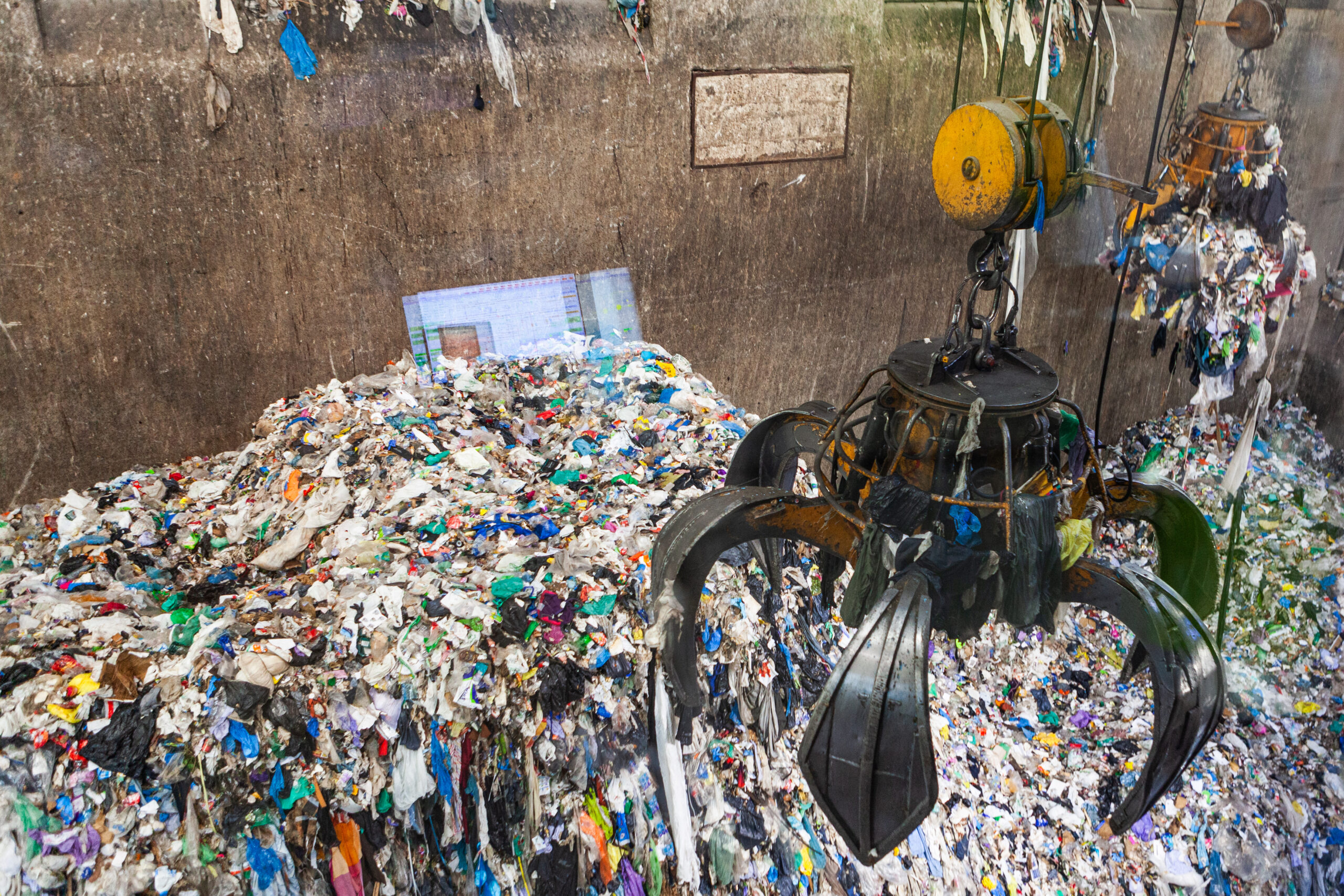
In an era marked by the consequences of global warming on the evolution of industrialised societies and on critical variables of the ecological crisis such as the massive loss of biodiversity, it is essential to implement an energy transition that replaces dependence on fossil fuels with a matrix based on renewables. The starting hypothesis of the research project “(Post)fossil culture: socio-cultural imaginaries, global warming and energy transition (KULTUR(P)FOSSIL, CNS2023-143774)” is that this will imply that the economic, political and logistical measures involved in this energy transition will be accompanied by a radical transformation of cultural imaginaries. The link between the industrial emergence of the fossil fuel era and the emergence of new cultural formations (with their lifestyles and expectations) based on the intensive consumption of resources from the necrosphere forms a kind of epochal cultural unconscious that we must transcend. With this purpose in mind, it is necessary to investigate the historical bases of the shaping of fossil cultural imaginaries, for only in this way will it be possible to untie the knot between culture and fossilism and move towards the possibility of imagining post-fossilist forms of life in common. From this perspective, the research project aims to establish an inter- and multidisciplinary dialogue between, on the one hand, the contributions of art history, visual studies and cultural studies in relation to the study of images, imaginaries and cultural discourses that have accompanied the course of fossil modernity. On the other hand, theoretical points of view from various branches of environmental thought, such as ecological economics, social ecology and political ecology.
This theoretical approach to rewriting the narratives of art history and cultural studies will be anchored in a number of generic objectives: 1. Analyse the relationship between environmentalism and hegemony on the basis of the role that images (of art) and cultural imaginaries have played and continue to play in the narratives of the ecosocial transition. 2. Promote a re-reading of ecological humanities in general and energy humanities in particular from the perspective of the global South, with special emphasis on Southern Europe. 3. As a prototype of confluence between ecological humanities and digital humanities, develop the digital archive Archivos Ecologistas (ARCHIECOS), which will bring together a repertoire of images and documents produced by Spanish environmentalism since its emergence in the 1970s. 4. Conceptual and typological design of a cultural cartography on the aesthetic features and cultural processes of the energy transition experiences taking place in Spain and other countries of the global South.





